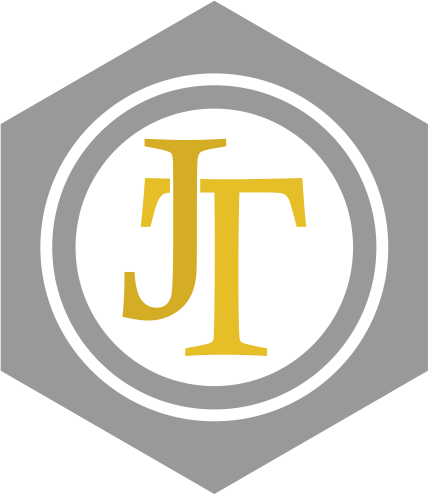- » Focus and Scope
- » Section Policies
- » Peer Review Process
- » Publication Frequency
- » Open Access Policy
- » Archiving
Focus and Scope
Teknika: Jurnal Sains dan Teknologi mainly focuses on engineering fields. Discussions on science and technology are welcome. Detailed scopes of articles accepted for submission to Teknika: Jurnal Sains dan Teknologi are:
- Civil and Structural Engineering
- Building Services
- Electronic Engineering
- Big Data and Systems Engineering
- Enviromental Engineering
- Marine Engineering and Naval Architecture
- Oil, Gas, and Mining Engineering
- Ocean Engineering
- Architecture Engineering
- Highway and Transportation Engineering
- Mechanical Engineering
- Robotics and Future Technology
- Artificial Intellegence
- Chemical Engineering
- Renewable Energy
- Agriculture and Food Engineering
- Industrial Engineering
- Electrical Engineering and Computer Science
- Informatics Engineering
- Telecommunication Engineering
- Metallurgical Engineering
- Material Science
- Engineering Education
- Information and Communications Technology
- Water Resources Engineering
- Urban Engineering, Smart City, and Smart Technology
- Nanotechnology
- Applied Mathematics in Industry and Engineering
- Applied Physics in Industry and Engineering
- Applied Biology in Industry and Engineering
- Applied Chemistry in Industry and Engineering
Section Policies
Original Research Article
Review Article
Short Comunication
Peer Review Process
Peer review policy
Publication of articles in Teknika: Jurnal Sains dan Teknologi is dependent solely on scientific validity and coherence as judged by our editors and or peer reviewers who will also assess whether the writing is comprehensible and whether the work represents a useful contribution to the field. Teknika: Jurnal Sains dan Teknologi acknowledged the effort and suggestions made by its reviewers.
Initial evaluationThe editor will first evaluate articles submitted. Although rare, yet it is entirely feasible for an exceptional manuscript accepted at this stage. Those rejected at this stage are insufficiently original, have serious scientific flaws, or are outside the aims and scope of the Teknika: Jurnal Sains dan Teknologi. Those that meet the minimum criteria are passed on to experts for review.
Type of peer review
The submitted manuscripts will be reviewed with double blind peer review process, who will be asked to evaluate whether the article is scientifically sound and coherent, whether it duplicates the already published works, and whether or not the manuscript is sufficiently clear for publication.
Review reports
Reviewers are asked to evaluate whether the article:
- Is original by stating the objectives and gap clearly
- Is methodologically sound
- Follows appropriate ethical guidelines
- Has results or findings which presented and support the conclusions
- Correctly references previous relevant work
- Reviewers are not expected to correct or copyedit articles. Language correction is not part of the peer-review process.
Decision
Reviewers advise the editor, who is responsible for the final decision to accept or reject the article. The Editors will reach a decision based on these reports and, where necessary, they will consult with members of the Editorial Board. The editor in chief will give the final decision.
Becoming a Reviewer
If you are not currently a reviewer for Teknika: Jurnal Sains dan Teknologi but would like to be one of the reviewers, please contact us. The benefits of reviewing for Teknika: Jurnal Sains dan Teknologi include the opportunity to see and evaluate the latest work in the related research area at an early stage, and to be acknowledged in our list of reviewers. You may also be able to cite your work for Teknika: Jurnal Sains dan Teknologi as part of your professional development requirements.
Publication Frequency
Open Access Policy

This journal provides immediate open access to its content on the principle that making research freely available to the public supports a greater global exchange of knowledge. Benefits of open access for the author, include:
- Free access for all users worldwide
- Authors retain copyright to their work
- Increased visibility and readership
- Rapid publication
- No spatial constraints
Works/articles in this journal are bound to Creative Commons Attribution-NonCommercial-ShareAlike 4.0 International License.
















